To celebrate the October 13th release of my forthcoming debut novel, King of Shards, I will be featuring one new blog entry a day about a different Judaic myth for 36 days. Today’s entry is on The Angel of Losses.
Day 13: The Angel of Losses
Watching all souls, invisible to them, is the Angel of Losses, Yodea. Yodea records every details of our lives, noting what we lose along the way, which is much. He has help, a host of servants, who themselves have servants. Some of his helpers are angels and some are not. The angels carry shovels and spend all their time digging for what we have lost, which is an enormous amount.
The Tzadikkim, the righteous among us, are all servants of the angel, Yodea, but the righteous too sometimes lose things, and sometimes they themselves get lost. So they must search in dark and unknown places, using the light of their soul, which shines only as bright as a candle flame, to guide them. It is this very flame, the light of their soul, which has been planted in the Tzaddik to search for lost things. Yet even with this tiny candle-flame light, one can see into the deepest, darkest well, glimpsing clearly every hidden corner. All people should let their soul light guide them, though it is small, for this is the light of God.
The Myth’s Origins
Rabbi Nachman of Breslov was a late 18th century, early 19th century rabbi who attracted a great following in his town of Breslov, and much has been written about him. He was an adept Torah scholar and brought the secrets of the Kabbalah to the Hasidic, or ultra-orthodox, movement of the time, breathing new life into the religious community. He rejected the idea of power hierarchies in the Hasidic community, and said that each person must search for the tzaddik, or righteous person, in himself. He often made up prayers on the fly, saying one should speak to God as if “talking to a good friend.” He also said one should emphasize music for spiritual development and religious practice.
Among Rabbi Nachman’s teachings is the myth of the Angel of Losses, or Yodea, which means “to know” in Hebrew. In a previous post, we spoke of the Shattered Vessels of Creation. Rabbi Nachman taught that the angel and his servants are searching for the scattered holy sparks of creation, which have been lost. The tzaddik — that is, each and every one of us, according to the rabbi’s teachings — should seek to “find” these “lost” sparks of holiness through the light of our soul. One could do this through mitzvot, or good deeds, and leading a righteous life. Thus Rabbi Nachman elaborated on the concept of Tikkun Olam, or the Repairing of the World.
In modern times, the author Stephanie Feldman elaborated on the myth of Yodea in her novel The Angel of Losses.
Some Thoughts on the Myth
It’s pretty clear that Rabbi Nachman originated this myth on his own. According to Isaac Luria, the Ari, the holy sparks of Creation lay scattered around us, and it is our duty to “lift” them up. It is my belief that Rabbi Nachman recognized that in life we often miss opportunities large and small to make things better for ourselves and for the world. A student might have asked him, “What happens to the things we miss? Surely,” the student must have asked, “God sees all and forgets nothing.” Thus the concept of Yodea was born, an angel who “knows” and seeks out lost things. Many people go through life, ignorant of the opportunities to “raise sparks,” or perform righteous acts. But the tzaddik, the holy person, uses the light of his soul to seek out these opportunities.
What I like about the myth is that the light of our souls isn’t sun-bright, but dim as a candle. I think this is to emphasize that worldly distractions are often brighter, and overwhelm our quiet light of the soul. We might get caught up in work, or in petty arguments, or gossip, or criticism, or any number of mundane and ultimately meaningless things. And in those times the light of the soul is hard to see. It’s only when we actively look with that “candle-flame” light that we find holiness. In practical terms, this might be simply pausing to meditate on our actions, not rushing to anger or judgment, and seeking ways to bring more peace and love into the world.
But what about those who don’t believe in an Angel of Losses following us around like some ghostly voyeur, sending his armies to dig after all our missed opportunities to bring more light into the world? In this case, at least for me, it makes the message that much more powerful. There is no one following you, to seek out your lost opportunities to do good in the world. Therefore, you must pay attention! Always, always, always, pay attention! Because what you miss will be gone forever.
I try to remember this as I go about my days, that in life I have no second chances. I don’t always succeed, but I try to bring this awareness of the preciousness and transience of things everywhere I go.
Tomorrow’s Myth: The Tetragrammaton, the Name of God
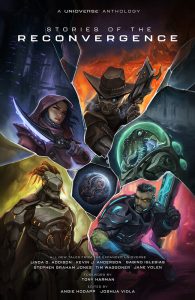



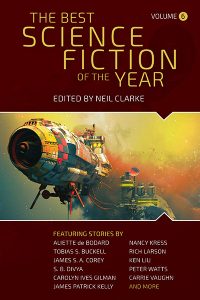


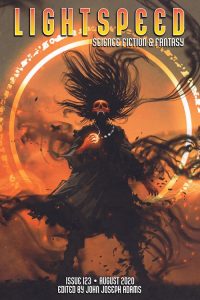
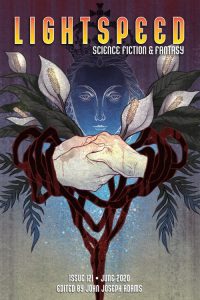





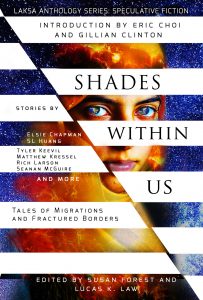
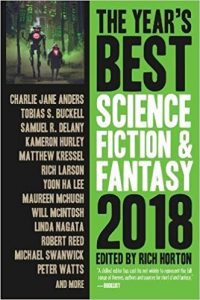
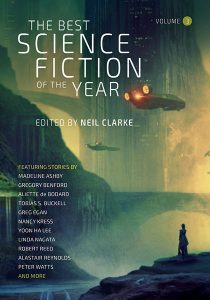








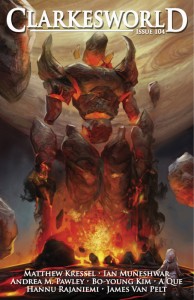

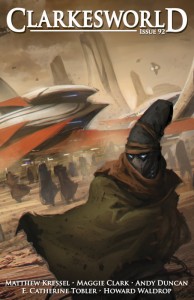

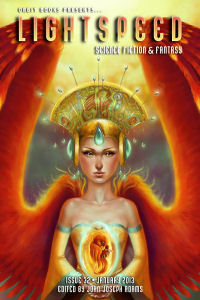



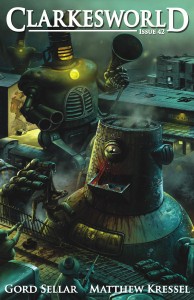
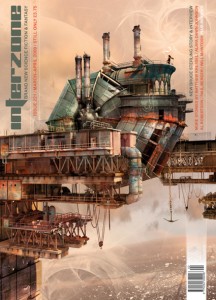



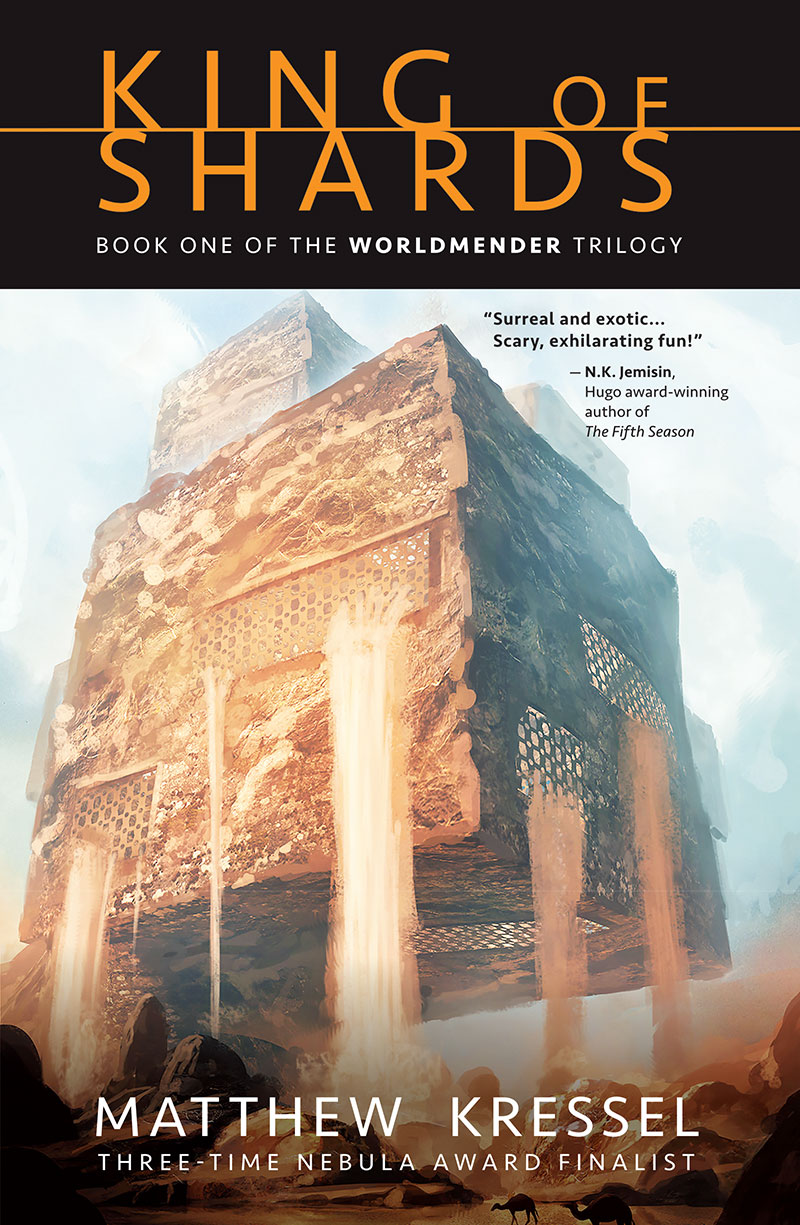
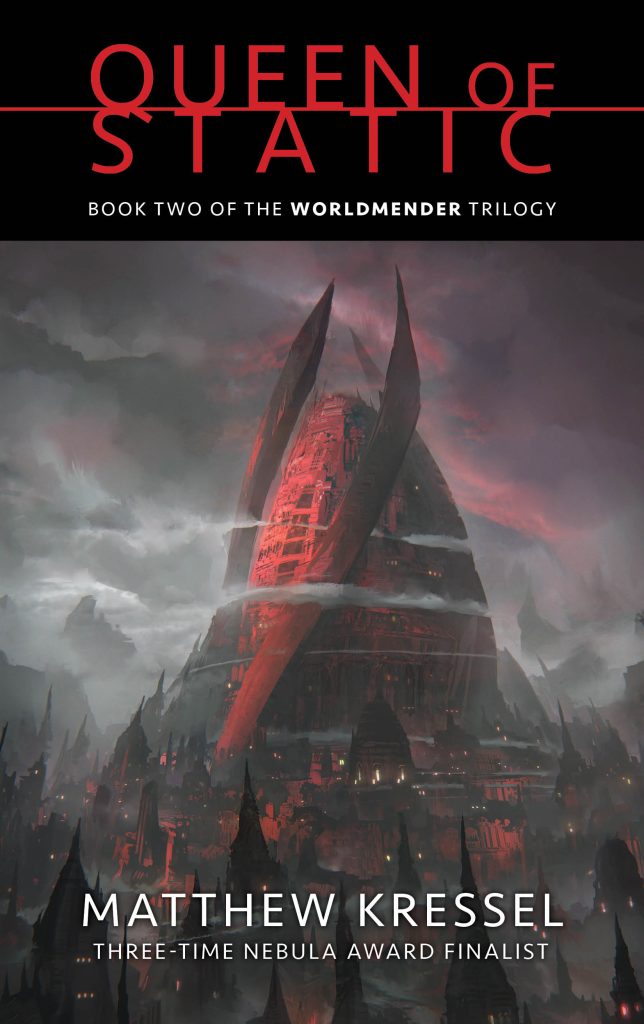

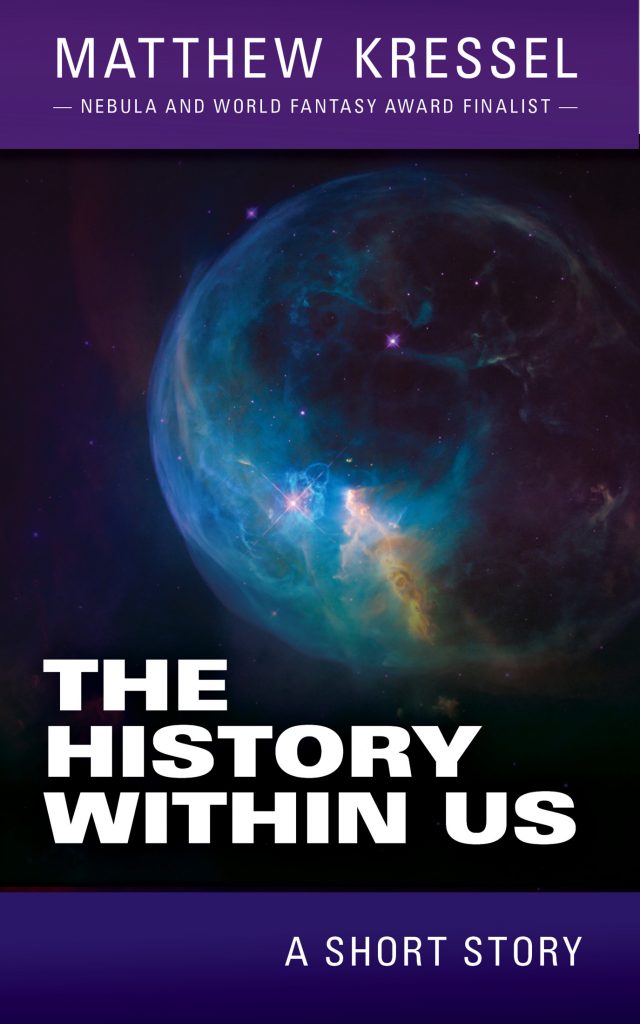
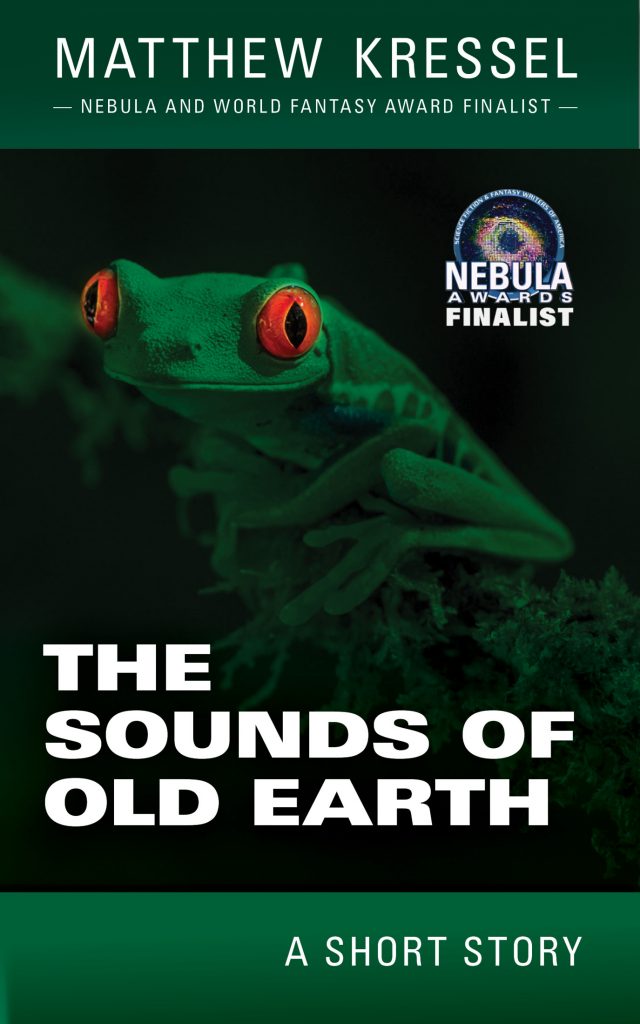
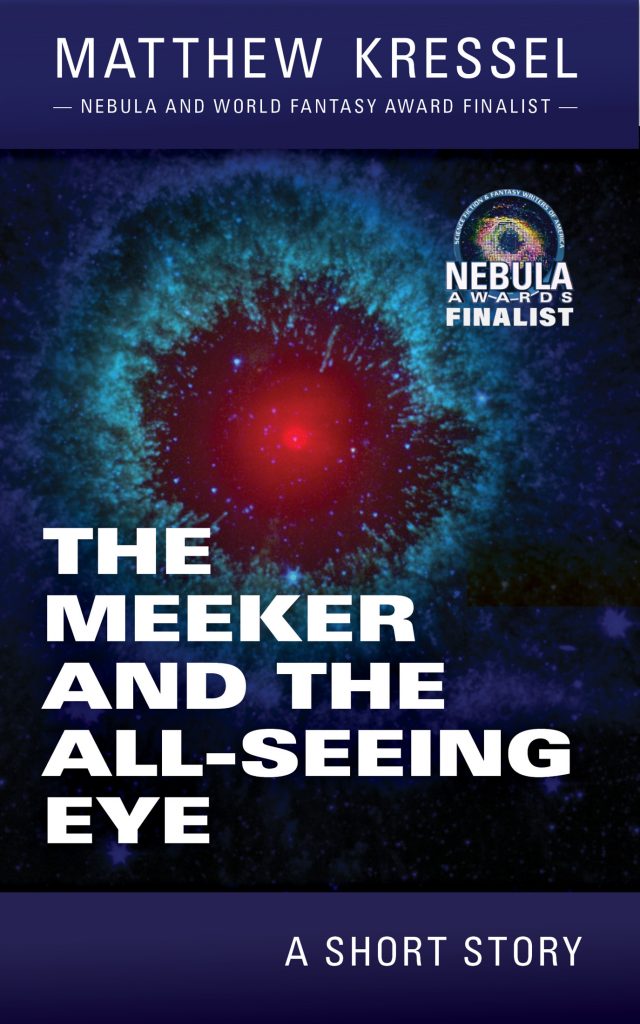

1 Pingback